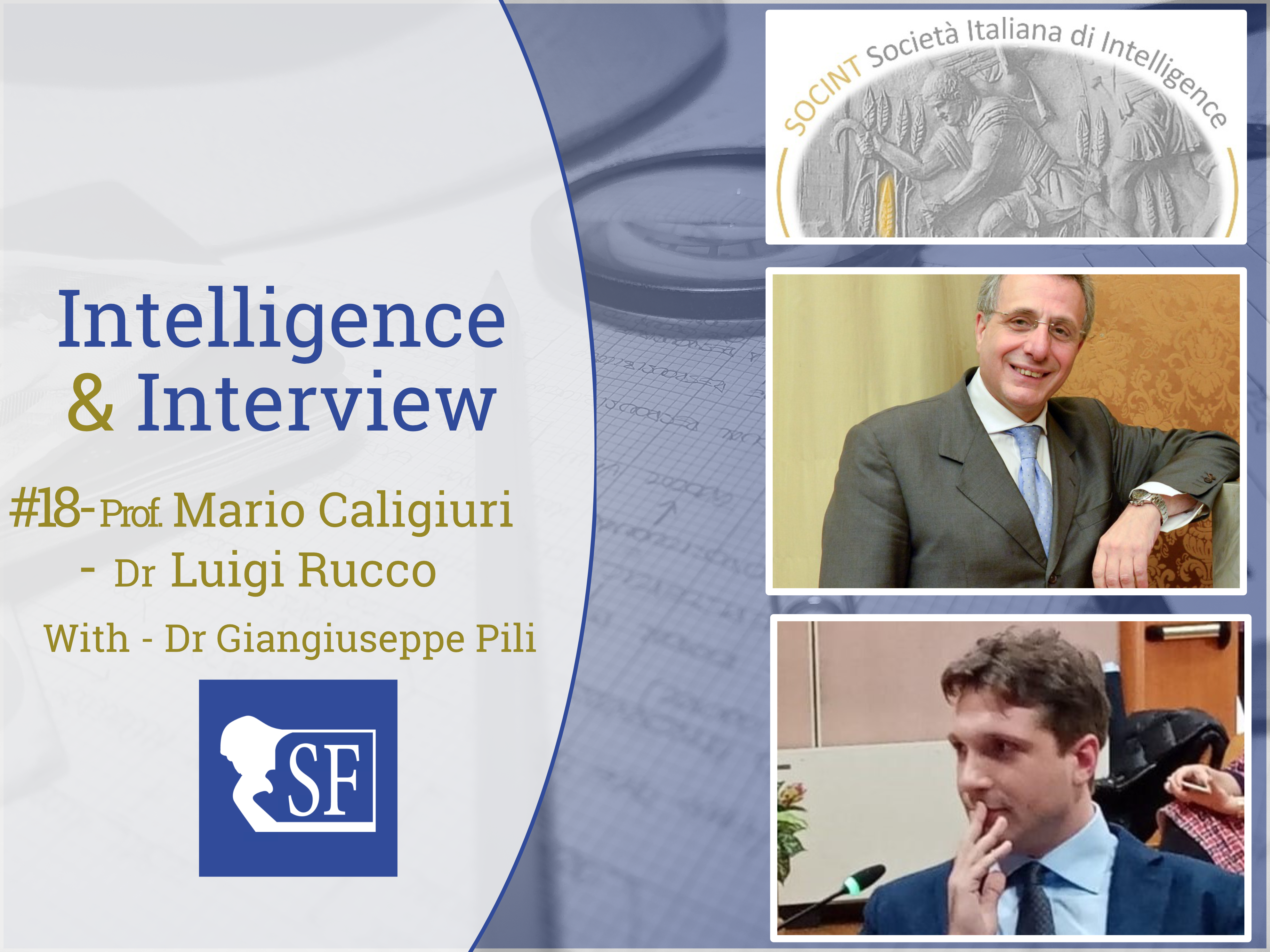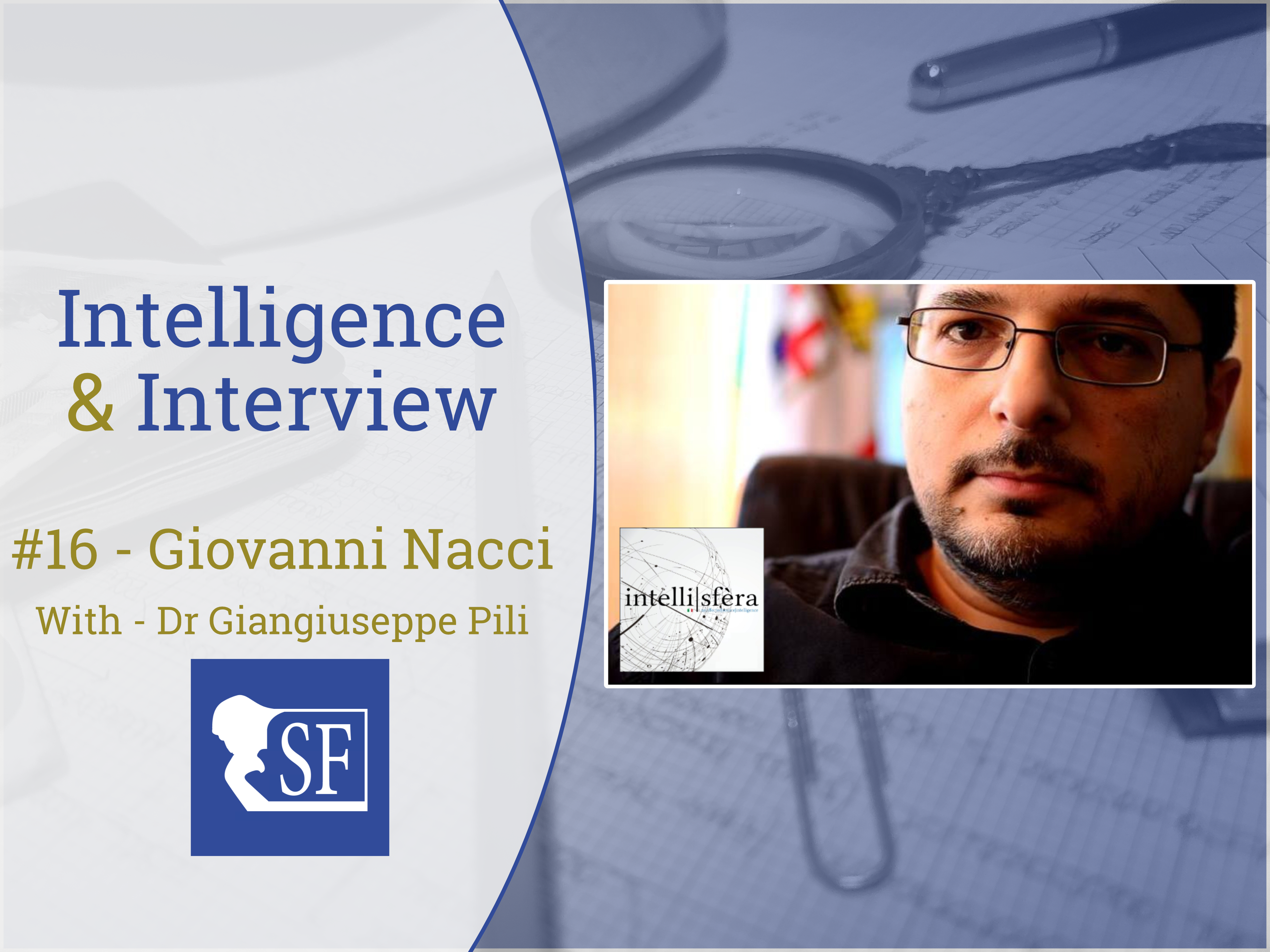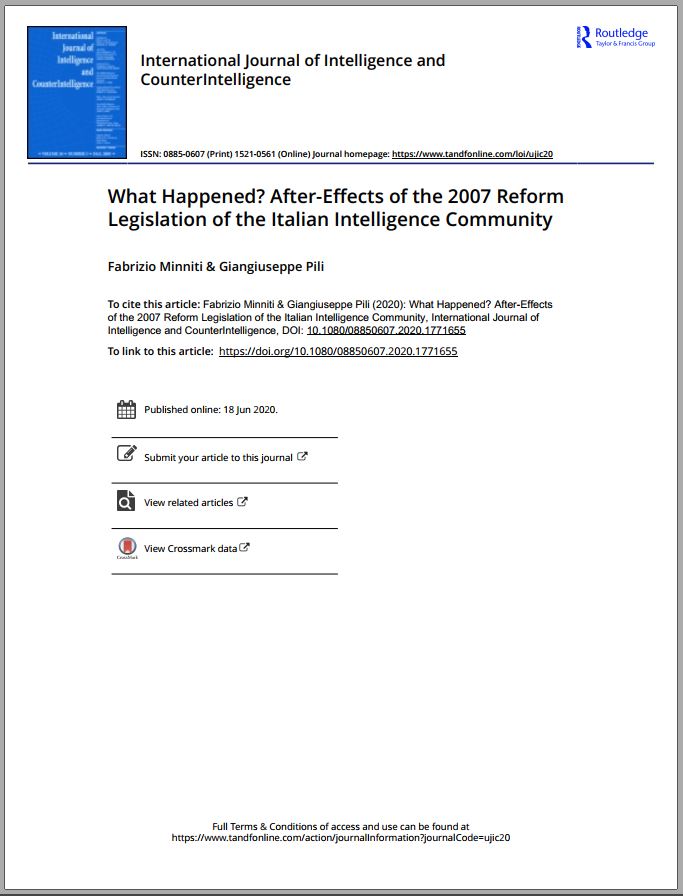
The first time I met Professor Mario Caligiuri was during my PhD. I was in the middle of it, and I had recently published my monograph on the philosophy of war. Everything started with that. I sent the book to Professor Caligiuri, and then a long conversation on intelligence and war started. Then, I met him several times, even in the outstanding Master of Intelligence – University of Calabria, where I was honored to present my research two times as an invited lecturer. In 2018, I started to be part of Intelligence Lab. To make a long story short, we co-authored a book, Intelligence Studies, where we try to compare the Italian intelligence experience and the Anglo-Saxon intelligence from a theoretical and practical perspective. We are currently working together to bring Italian intelligence to the attention of international journals of Intelligence Studies. Meanwhile, Professor Caligiuri and Dr Luigi Rucco, who also co-authored a book Quantum Intelligence, worked relentlessly to elaborate a sound strategy to boost Italy’s intelligence culture, which is Professor Caligiuri’s long-lasting mission even before he was appointed director of the Master of Intelligence. Then, Professor Caligiuri, along with Professor Domenico Talia and Professor Alberto Ventura, founded the Italian Intelligence Society (or, as I call it, Italian Society of Intelligence). Though still very young, this an already vibrant national reality scientifically and culturally. Given the current Italian landscape, this is more than simple good news. This is a light of hope. Then, they invited me to be part of the Editorial Board. I was honored to accept and then I started to work on the project “Intelligence & Interview”, which should be republished by the Society when it reached a sufficient number of publications. The Italian version will be in English for international readers, and the English interviews will be republished in Italian. This is the project. In this way, I&I will be able to bring international scholars within Italian intelligence studies and vice versa. As recently stated in a podcast, we must work united to bring the national experiences to the scientific community. For this reason, I waited to consolidate the already substantial audience of I&I to interview Professor Caligiuri and Dr Rucco. Then, it is with my distinct pleasure to publish the interview on Scuola Filosofica – for those who don’t know it yet, is one of the leading cultural blogs in Italy. In the name of Scuola Filosofica Team, our readers, and myself, Giangiuseppe Pili, Mario and Luigi: thank you!



